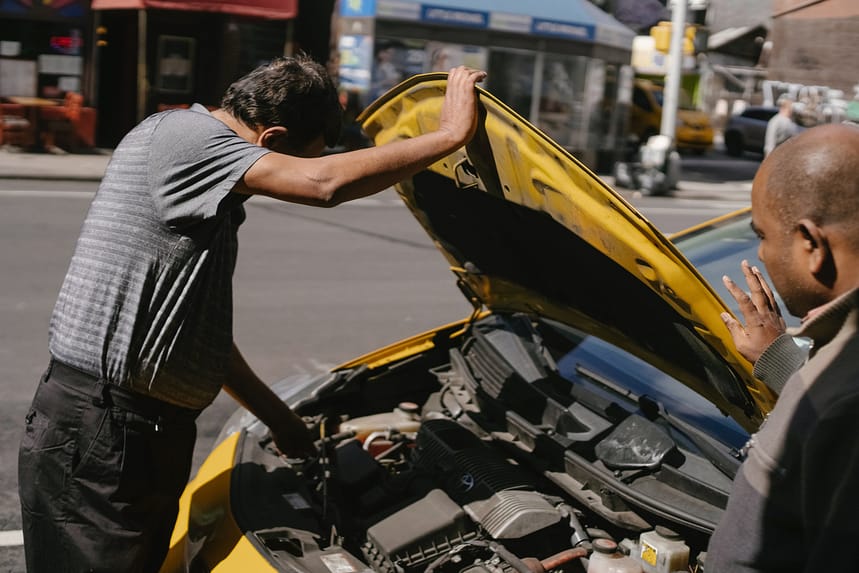We’ve all experienced it at some point – the stomach-churning feeling when you accidentally hit a speed bump or a pothole, and your car’s engine underbody makes contact with the road. This sudden impact can lead to concerns about potential damage to your vehicle. In this article, we’ll guide you on what to do when your engine underbody gets hit, how to assess the situation, and the steps to take to ensure your car remains in optimal condition.
Safety First
If you hit an obstacle and suspect damage to your engine underbody, prioritize safety. Pull over to a safe location away from traffic, turn on your hazard lights, and engage the parking brake. It’s essential to assess the situation without putting yourself or others at risk.
Inspect the Underbody
Once you’ve safely pulled over, visually inspect the engine underbody for any signs of damage. Look for dents, scratches, or any loose or hanging components. Check for leaks, such as oil or coolant, which could indicate a more severe issue.
Listen for Unusual Noises
After the impact, listen for any unusual noises coming from the engine or the undercarriage. Strange rattling, scraping, or knocking sounds might be indicative of damage that requires immediate attention.
Check for Fluid Leaks
If you notice any fluid leaks, do not attempt to drive the vehicle. Leaking oil, coolant, or transmission fluid can lead to severe engine damage or overheating. Contact a tow service to transport your car to a nearby repair shop for a thorough inspection.
Assess Drivability
Try to move your car a short distance to see if it drives normally. Pay attention to any changes in the car’s performance, such as steering issues, vibrations, or difficulty accelerating. If you experience any of these problems, avoid driving further and seek professional assistance.
Look for Protective Components
Modern cars often come equipped with underbody protection, such as skid plates or engine guards. These components can help minimize damage in case of an impact. Inspect these protective elements to ensure they are securely in place and haven’t sustained any significant damage.
Avoid DIY Repairs
While minor scuffs and scrapes on the underbody may seem harmless, attempting DIY repairs without proper knowledge or equipment can lead to further damage. It’s best to leave any repairs to trained automotive professionals who can accurately assess the extent of the damage and provide appropriate solutions.
Schedule a Professional Inspection
If you suspect any damage to your car’s engine underbody, even if it seems minor, it’s essential to have your vehicle inspected by a certified mechanic. They have the expertise and equipment to diagnose hidden issues that may not be immediately apparent.
Conclusion
Experiencing an impact to your car’s engine underbody can be concerning, but by following these steps, you can handle the situation responsibly and ensure the safety and longevity of your vehicle. Safety should always be your top priority, and seeking professional inspection and repairs will give you peace of mind knowing that your car is in good hands. Remember, prompt action and expert assessment can prevent potential long-term damage and keep your car running smoothly on the road.






